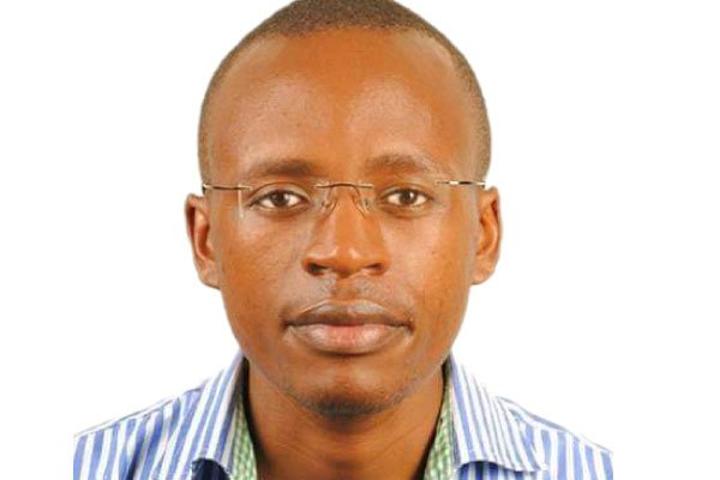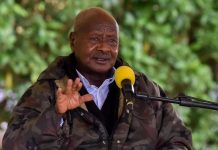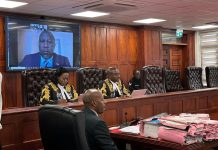Africa-Press – Uganda. I listened to President Museveni recently and his insistence that he is still the leader of the people’s revolution compelled me to reflect on the true meaning of people’s revolutions. My reflections are anchored on a clear imagination of what a glorious Uganda would be if we truly had a people’s revolution.
People’s revolutions have a tendency to put the people at the heart of national policies and governance. They never turn against the people and hardly do they turn their guns against the people.
The military wagons are running over Ugandans. The rattling sounds of AK-47s and exploding tear gas canisters are not what bona fide leaders of people’s revolutions can allow.
Revolutions of the people have a tendency to transform into enduring institutions such as well-trained national police force fully equipped to serve the people.
Napoleon the great built the army, beautified France and made career open to talent. Lee Kuan Yew transformed Singapore from a Third World nation to a First World nation. These are compatriots that should claim to lead people’s revolutions.
Uganda’s police live in dilapidated houses. The backyard of Kasangati Police Station is a testimony of the police that we have. With 35 years in power, Mr President, you have not been able to build a police force worthy of the name.
A people’s revolution should give birth to a people’s national army. Such a people’s army should principally protect the national boundaries of a people’s territory. It should be commanded by fearless generals and great military theorists.
Men in this army should rise on the basis of their capabilities. Mr President, you will agree with me that today we have generals who spend their time on Twitter exchanging insults with politicians and such cannot be the generals that lead in people’s revolutions.
People’s revolutions are reflected in the complete transformations of a people. Their leaders must account in terms of jobs creation, Gross Domestic Product (GDPs), and improved working conditions in industrial belts owned by the people.
Today, regrettably, we unite to explain the loans we have amassed and how industries are in the hands of foreign investors who have been exempted from paying taxes.
But why did the people revolt in the first instance? They revolted because they had no rights to assemble, to feely express themselves and to engage in meaningful economic activities.
Today, journalists cannot engage in any meaningful work because their work is now criminal. Lawyers too cannot work as their work has been criminalised. The people, by attempting to express their concerns, are said to be misbehaving. Is this still a revolution?
Countries that have had the blessing of people’s revolutions have formidable health systems, well trained medical workers and a dedication to serve.
This is because leaders of such revolutions are servants of the people. They, in fact, don’t fight for the welfare of their families, but put the people at the centre of whatever they do.
Is this revolution still headed by a people’s servant? Do people access Mulago hospital and find standby medical workers to treat them?
Are leaders of the revolution sharing the same facilities with the people they lead? Revolutions, if properly led, lead to an orderly system where people will chose the next leaders without the need for revolting again and again.
The situation prevailing today is not an example of such an orderly system. Why then do you still refer to yourself as a leader of the people’s revolution?
The writer is a law student at Makerere University [email protected]






